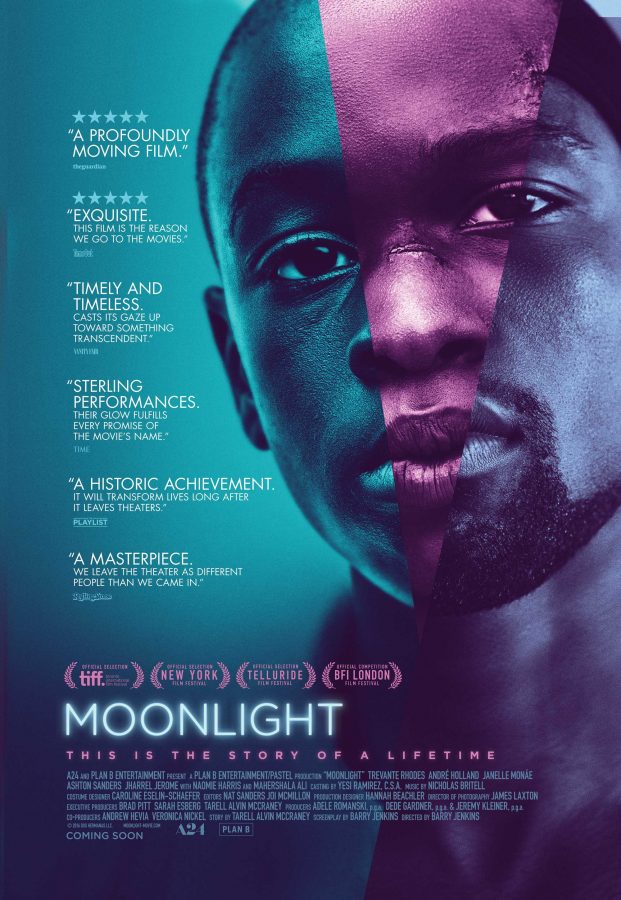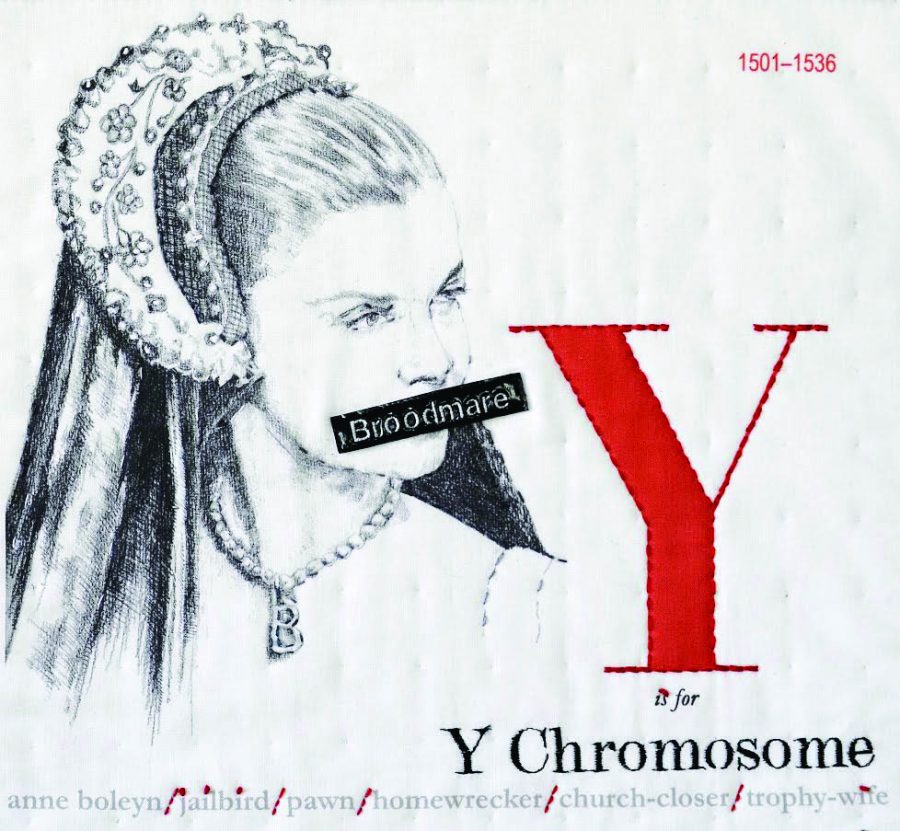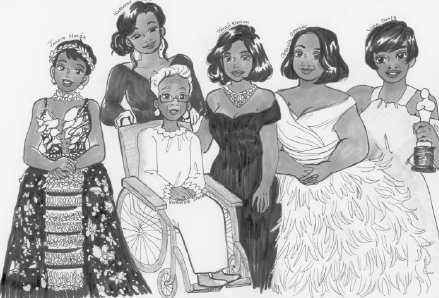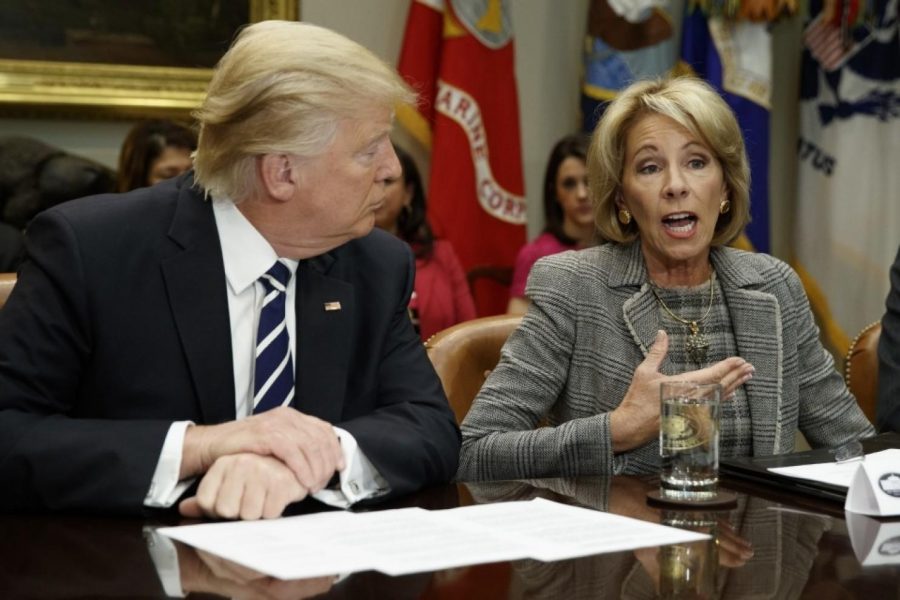By Jessica Pupo
Staff Writer
On Feb. 28, Simmons College hosted All in Together’s (AIT) Post-Election Advocacy Workshop with the goal of promoting advocacy and political engagement. AIT is a non-partisan group concerned with both empowering American women to be involved in the political process and how they can best use their efforts to make a difference in the social and political issues they care about most.

The workshop focused on educating women on the most effective ways to be politically engaged. It is not enough to sign online petitions and form emails. Real political change requires additional effort: such as individualized phone calls and emails or direct visits to your representative’s office. The workshop facilitators recognized that everyone has different levels of ability, free time, and access to direct engagement, but wanted to highlight which actions are most impactful.
Their advice to attendees was to focus on actions that required direct contact. The most impactful ways to engage are to write personalized letters and emails; make phone calls; to attend and ask questions at town halls; and to connect, organize, and lobby with like-minded individuals. AIT representatives emphasized that in-person trips were especially effective because it demonstrates both your degree of passion and humanizes the problem you are advocating for.
Before taking action, you have to know who represents you at all levels of government. Most people only know their representation at the federal level (Senators and House Members) but state and city representatives are also crucial to know and reach out to. Most decisions that affect your daily life are done at the state and city level, so knowing your state representatives and city council members is a powerful resource to affect change in your community.
While the need for women’s leadership is emphasized in the professional and personal spheres, representation for women in the political sphere needs to be brought to the center of the conversation.
A striking statistic shared by the workshop facilitators is the fact that public officials receive approximately two million more letters or calls from men than women each year. Not only do women only have 20 percent representation in Congress, their representatives are overwhelmingly hearing men’s opinions. There is a deficit of women’s voices in politics, including op-ed submissions where only 10 percent of submissions come from women. Public officials often cite op-eds as a source for public opinion on a given issue, so if ninety percent of op-ed submissions are written by men, that means when editors are selecting which submission to publish, there is a slim chance that they will be penned by women.
Facts like these are why AIT is dedicated to their mission: because women need to have their voices heard if they are interested are going to be acted on. It is not that women are inherently apathetic, but rather that women tend to overthink before they share their opinion or engage politically. According to a study, “18-29 year old women are less likely to engage politically than their male peers because women feel they require more practical information before getting involved in politics.”
While being informed is a worthy goal, it is important to change the perception that being an expert on an issue is a requirement to have an opinion. It is true that many women often have to be twice as informed to receive half the respect of their male peers, but remaining totally silent only creates a disproportionate number of male voices to female voices.
Their final message to attendees was to welcome conversations with people we do not agree with and to even seek out these interactions. Instead of coming from a place of judgment, be curious as to why someone believes in a given issue, come from a place of curiosity to learn why their opinions differ from yours, even if it’s just to strengthen your argument against that opinion.
In the current polarized political climate that exists, it is vital to be as engaged as one can and ensure that we don’t fall into the pit of confirmation bias with the choice of news and dialogues.














